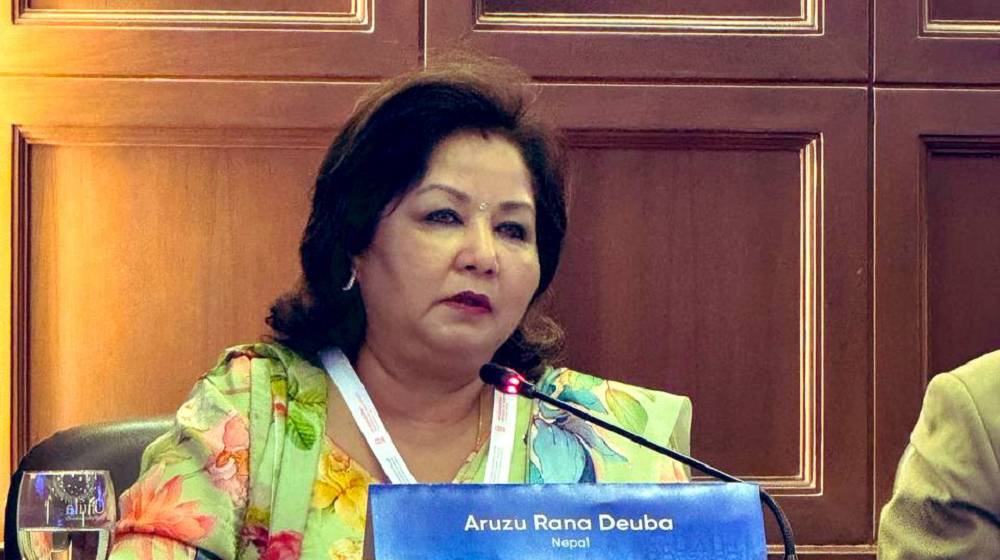The mighty federal government of KP Sharma Oli has over the five months of its tenure been repeatedly accused of authoritarian tendencies. In the eyes of many observers, this was evident in the way the prime minister tried to consolidate all powers in the PMO, the manner in which the government strove to ram through a watered down medical education bill in parliament, in its ban on popular protest sites and in arbitrary detention and harassment of prominent public figures. Yet the past one week has also shown why it is not easy to impose an authoritarian rule in Nepal these days. After resolutely standing its ground against Dr Govinda KC for over three weeks, the government was forced to come back to the negotiating table after widespread criticism of its handling of Dr KC’s fast-unto-death. Likewise, the Minister for Law and Parliamentary Affairs Sher Bahadur Tamang was compelled to resign after an uproar following his misogynistic comments against Nepali women studying medicine in Bangladesh. The government is also increasingly under pressure to come clean on its prolonged inaction on vital issues.
These are signs that when civil society leaders and mainstream media support a popular cause the government is forced to take heed. In fact, following the 2006 change, there has been a steady growth in the role of independent civil society and free press. They are able to shape public opinion as never before, and the government ignores their advice at its peril. Interestingly, the role of the main opposition, Nepali Congress, has been as meaningful in recent developments.
Even though Congress is now an enfeebled opposition numerically (with just 63 seats as opposed to the ruling communist party’s 174 seats in the federal parliament), it was nonetheless able to bring the federal legislature to a standstill to forestall the government from watering down the aforementioned medical education bill. The main opposition, with the help of its many sister organizations, was also able to build pressure from the street.
Prime Minister Oli and his entourage are finding out that however powerful the executive in Nepal there are now potent checks against its tendency to abuse power. On another day, such checks may lead to political gridlock and government inaction. But right now they are playing a vital role: reminding the executive organ of the limits of its power.











